As Tet comes, many people board planes to reunite with their families or travel to an exciting new destination.
There are a lot of things to worry about before boarding a plane, but one thing that deserves your attention is your pre-flight food choices, according to health news site Eat This Not That!.
Because what you consume before boarding a plane has a huge impact on your flight. You definitely don't want to be bloated or having to make multiple bathroom trips at 35,000 feet.
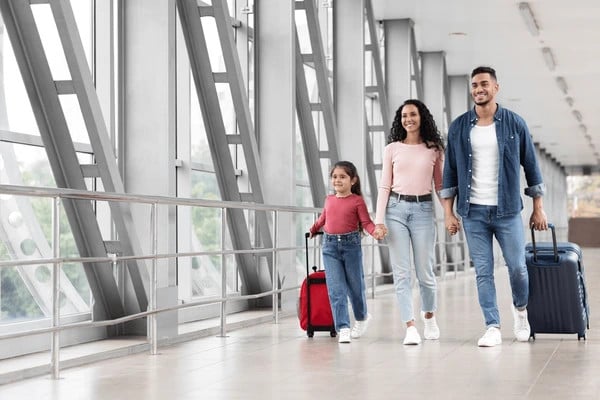
Tet is coming, many people board planes to reunite with their families or travel to an exciting new destination.
Here are the foods and drinks science says you should avoid before a flight.
Fried foods. Greasy foods are high in fat and take longer to digest, making them more likely to lead to bloating and upset stomach.
Not only that, fatty foods that stay in the stomach for a long time can lead to heartburn or severe acid reflux in people who are prone to these symptoms.
Salty foods. Be careful with your sodium intake before you board a plane. Because of the lower pressure and humidity inside the plane, you may become dehydrated to some extent. And salt can also dehydrate you, so the combination makes matters worse.
Flying can also cause the body to retain more water due to changes in pressure and sitting for too long, and high sodium intake can also cause this effect.

You certainly don't want to be bloated or have to go to the bathroom multiple times at an altitude of nearly 10,000 meters.
Broccoli. Cruciferous vegetables like broccoli, kale, cabbage, and cauliflower are high in fiber, which can cause gas.
Beans. According to the Cleveland Clinic, changes in air pressure can cause your intestines to expand, making you more prone to bloating. Beans are not only high in fiber, which can cause bloating, but they also contain raffinose, which is difficult to digest.
Onions and garlic. Both onions and garlic contain fructans, which have gas-inducing properties. People with fructan intolerance experience bloating and abdominal pain.
Also, onions and garlic can have an unpleasant odor, so avoid making yourself and those around you feel uncomfortable.
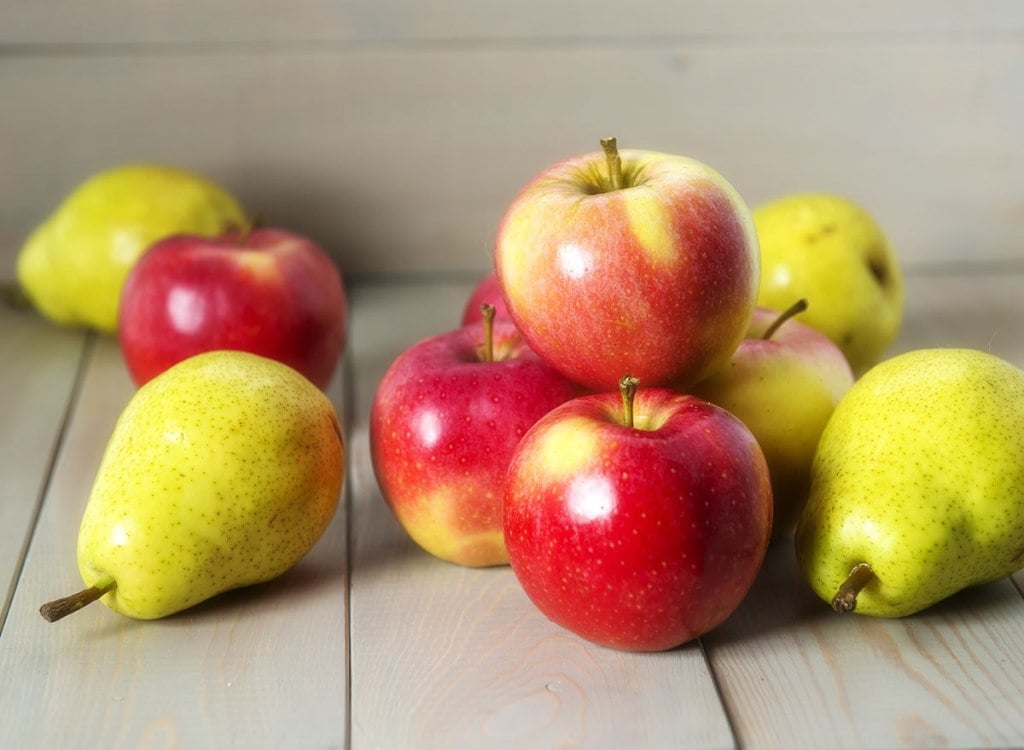
Apples and pears are fruits that can cause bloating or stomach pain after eating because they contain high levels of fructose.
Apples, pears. These fruits are likely to cause bloating or stomach pain after eating because they contain high levels of fructose. In many people, fructose can cause stomach pain and bloating.
Chewing gum. You've probably heard the chewing trick. Chewing gum can help relieve ear pain on a flight, but it can also cause bloating and stomach pain while on the plane. Chewing gum causes you to swallow more air, which can lead to bloating. The Mayo Clinic recommends avoiding chewing gum to reduce the risk of bloating and stomach pain.
Coffee. This delicious beverage has the side effect of stimulating the colon and causing intestinal cramps, making you run to the bathroom. Imagine that happening on a plane, especially if you’re sitting in the back seat!
Additionally, coffee can cause anxiety symptoms in people sensitive to caffeine, which can cause restlessness, nervousness, and upset stomach.
Alcohol. Alcohol is a diuretic, which can cause dehydration. Combined with mild dehydration on flights, it can make things worse.
Additionally, drinking alcohol can cause anxiety and depression, mainly because it reduces the happy hormone serotonin, according to Eat This Not That!.
Source link








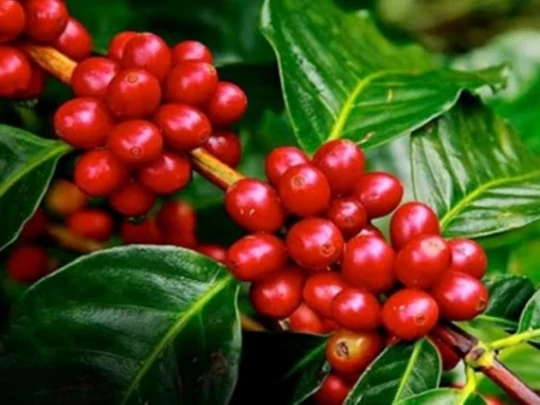

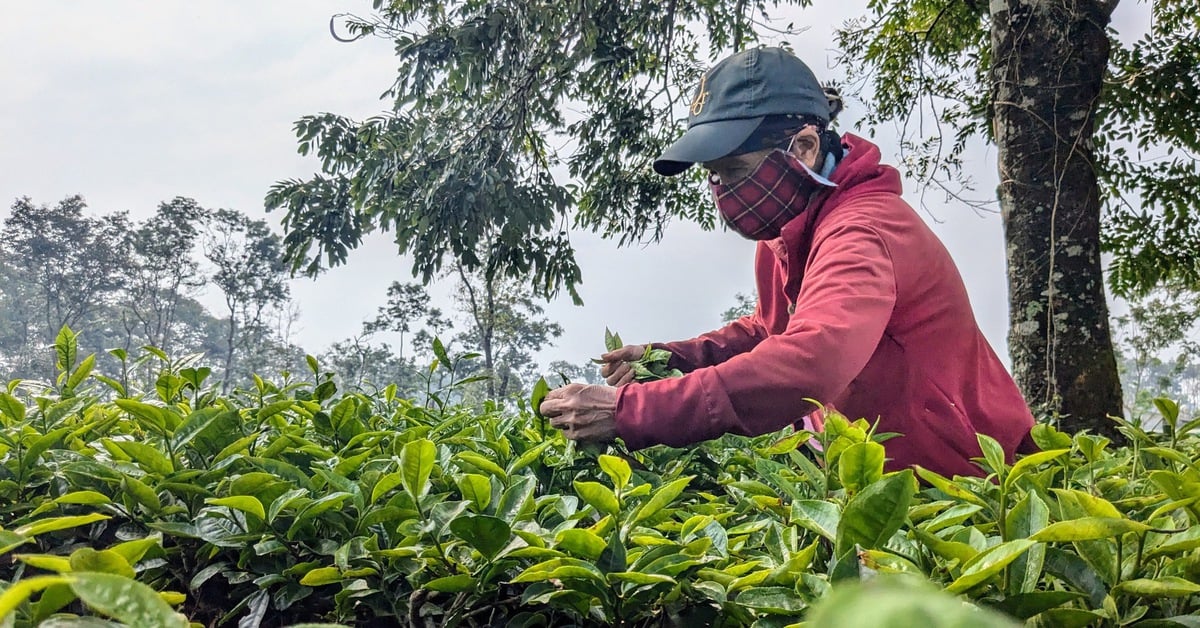

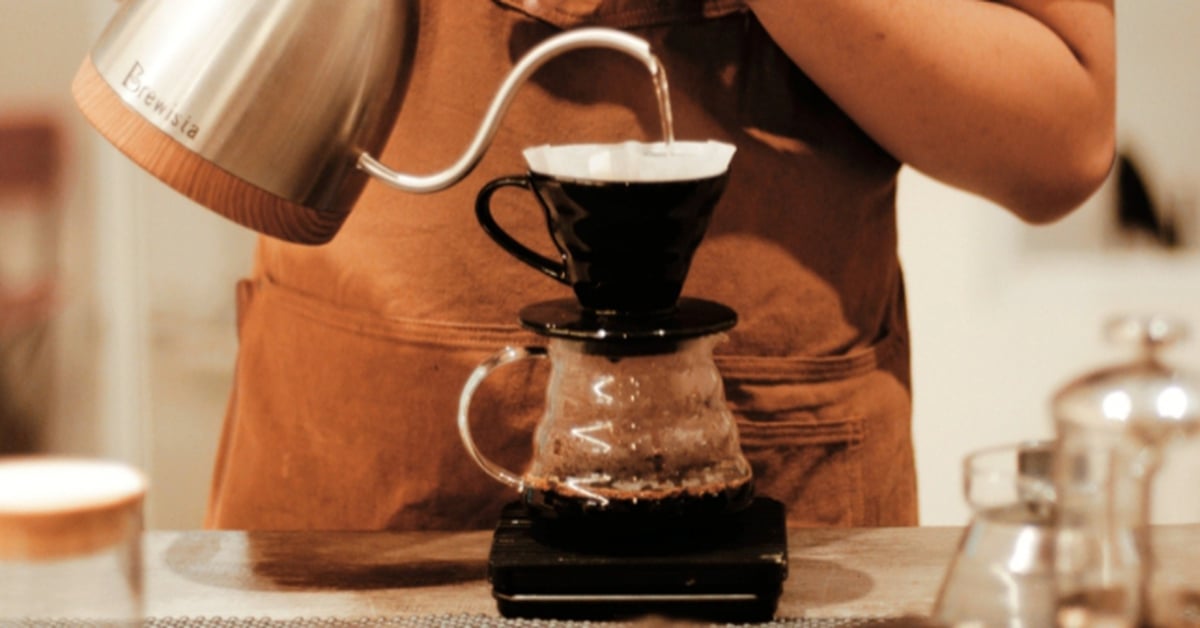
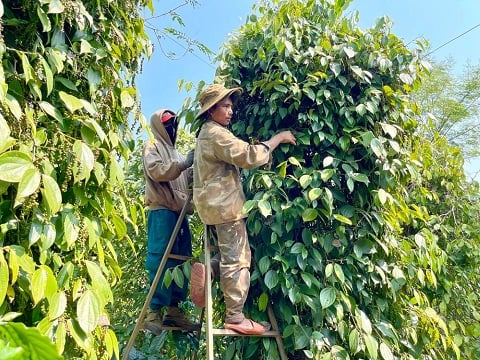


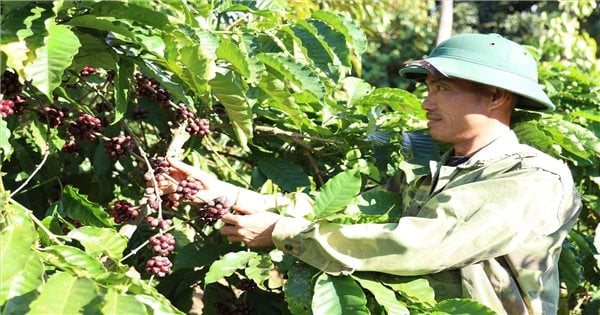

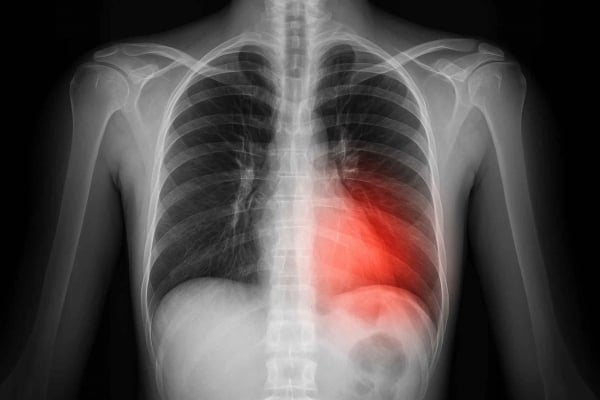
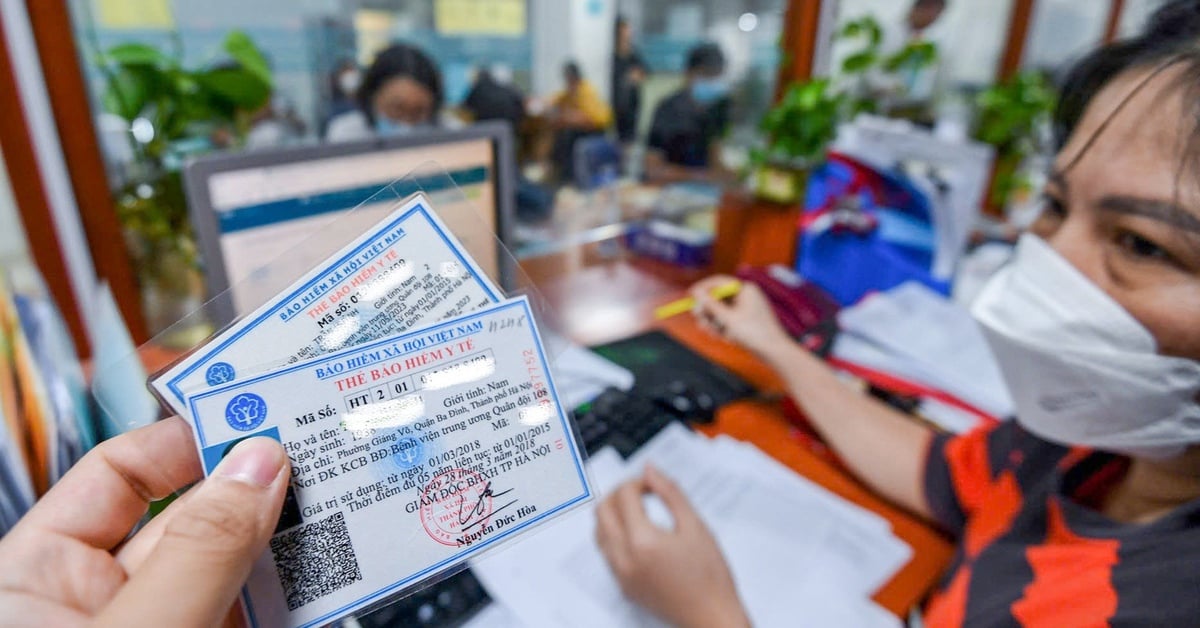

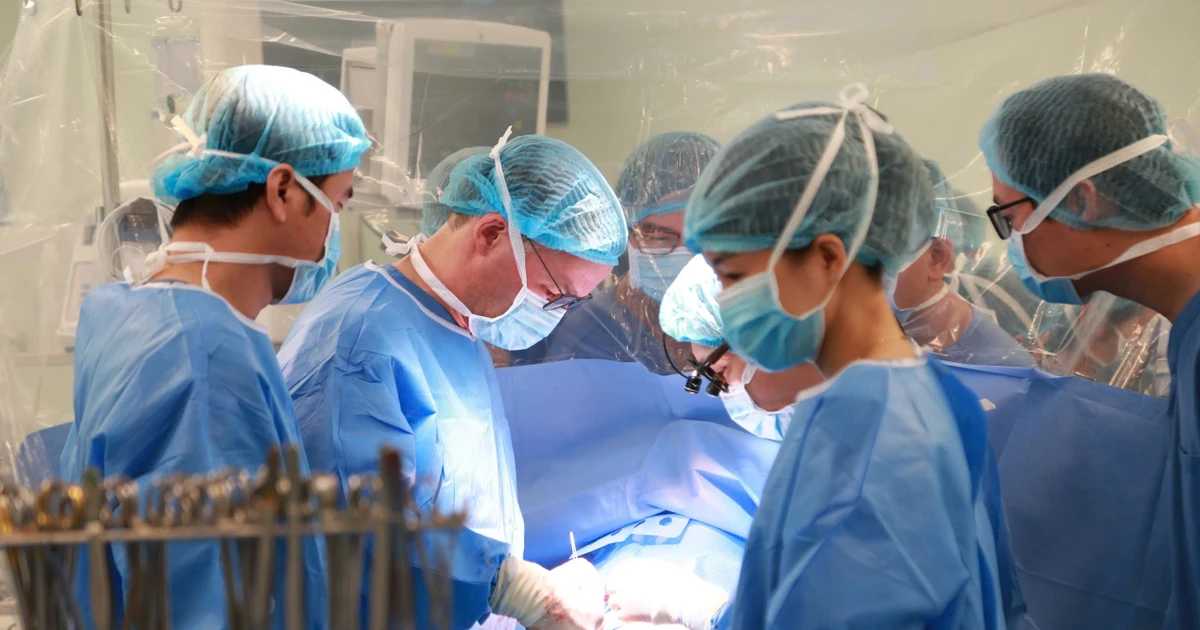
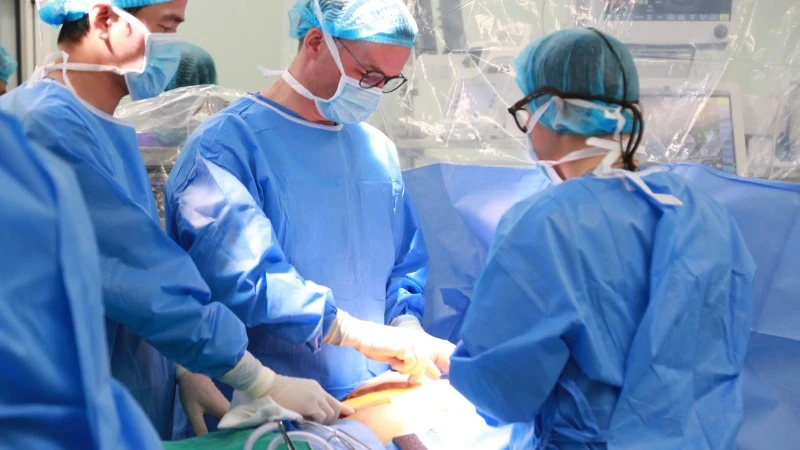




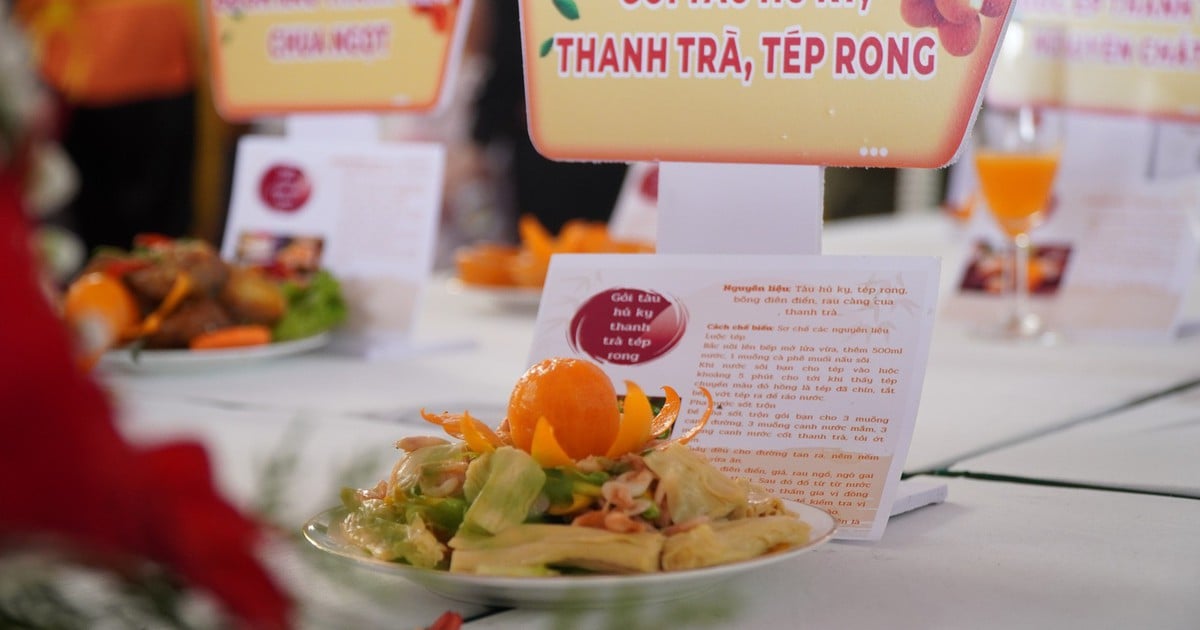
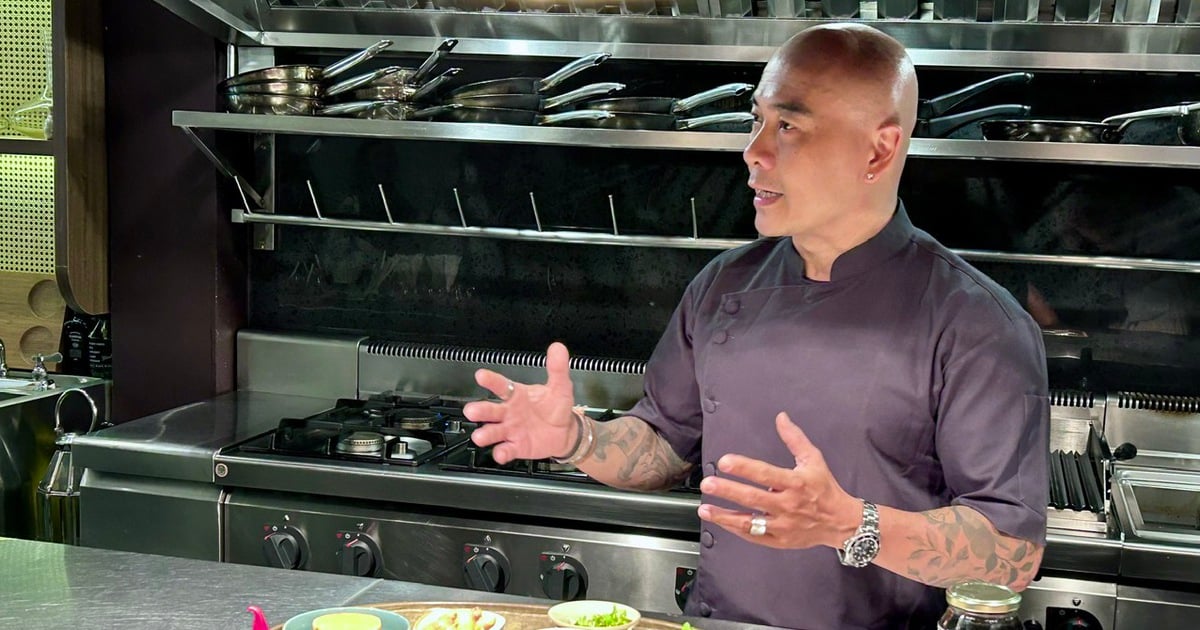


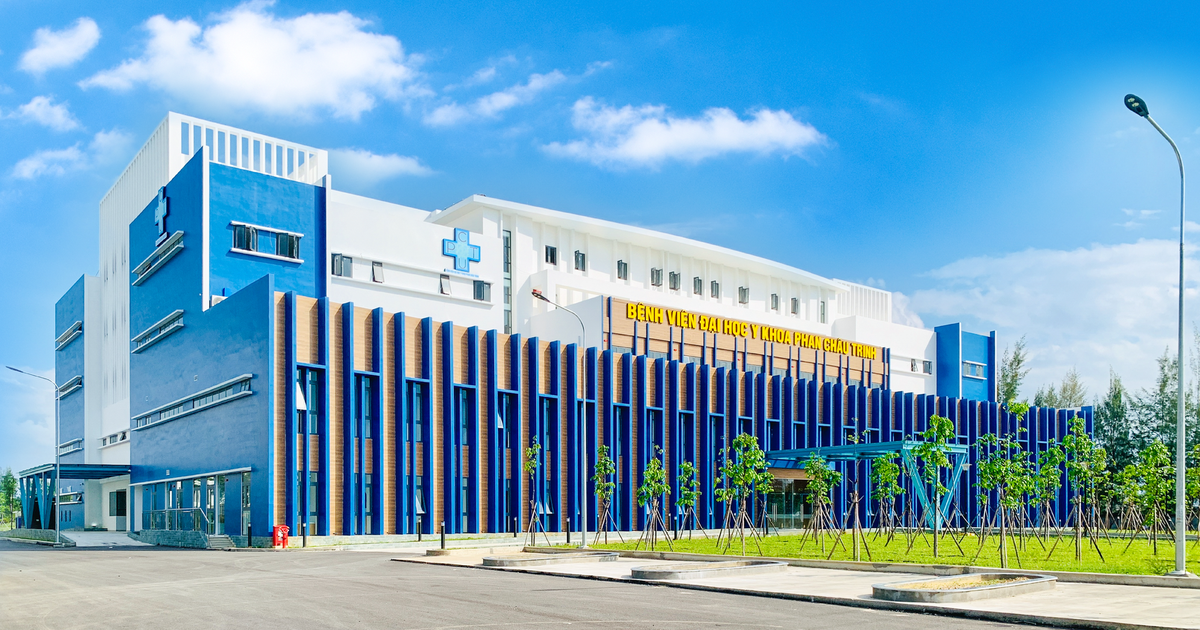

![[Photo] "Beauties" participate in the parade rehearsal at Bien Hoa airport](https://vstatic.vietnam.vn/vietnam/resource/IMAGE/2025/4/11/155502af3384431e918de0e2e585d13a)















































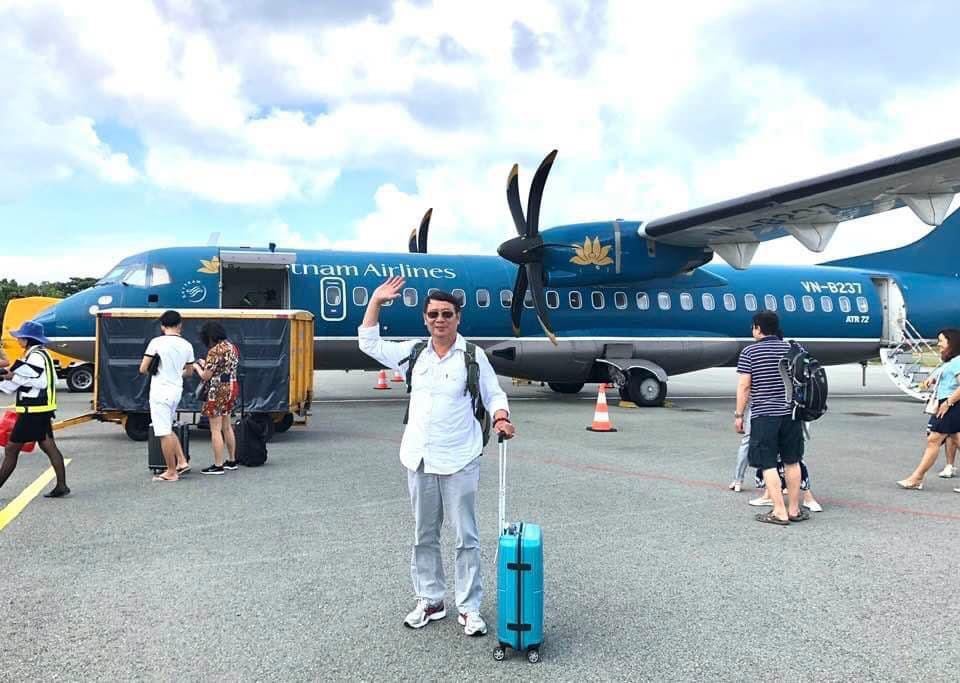














Comment (0)